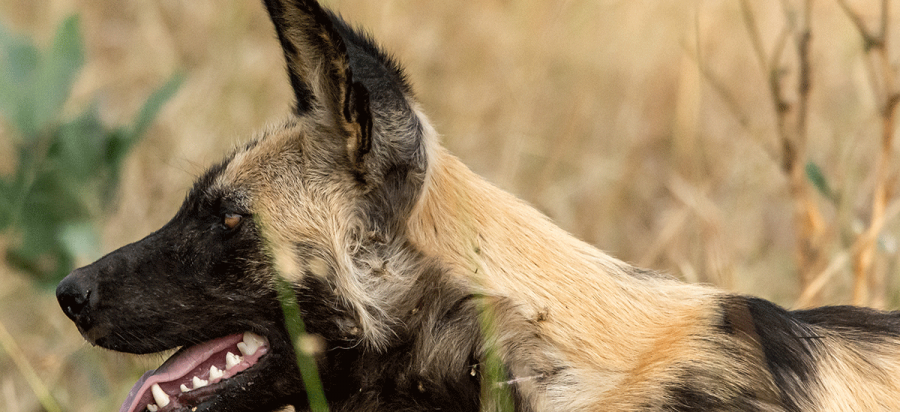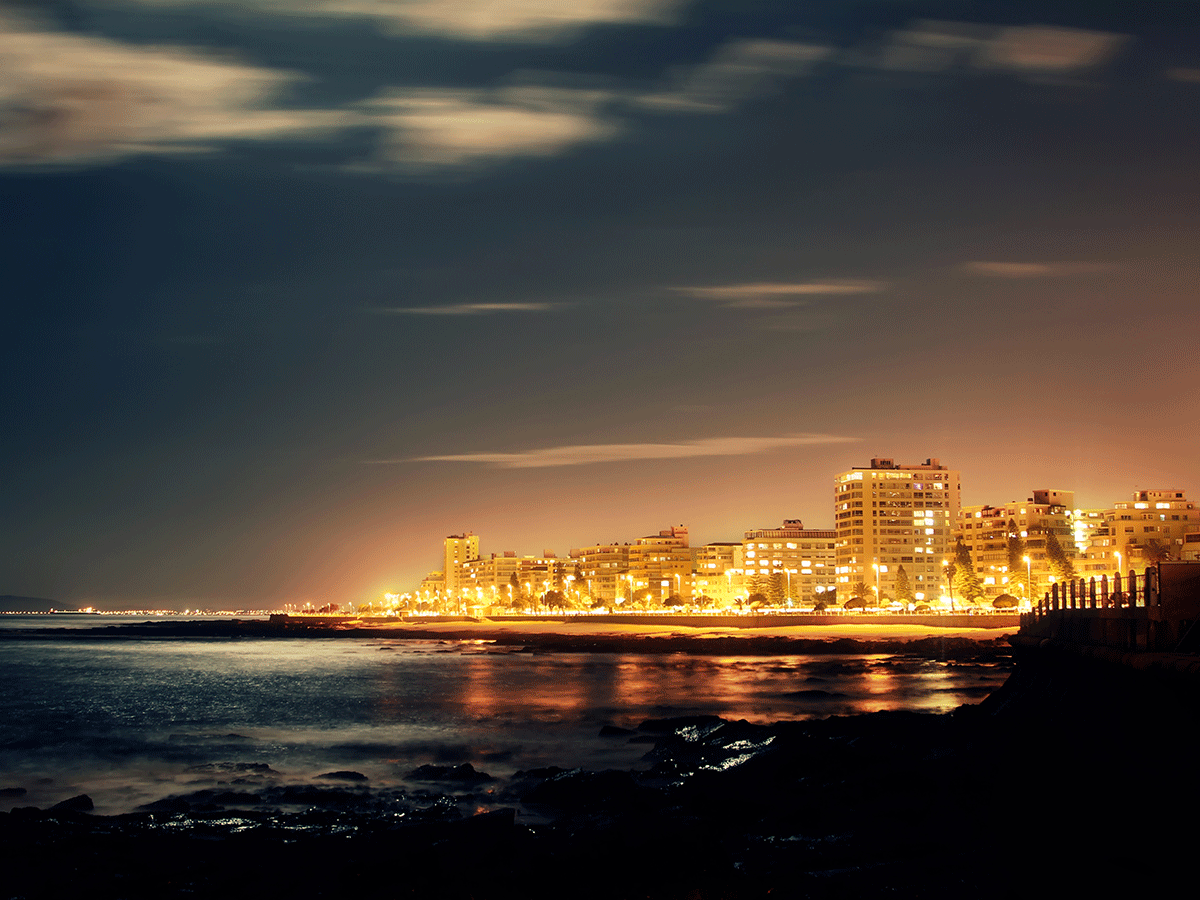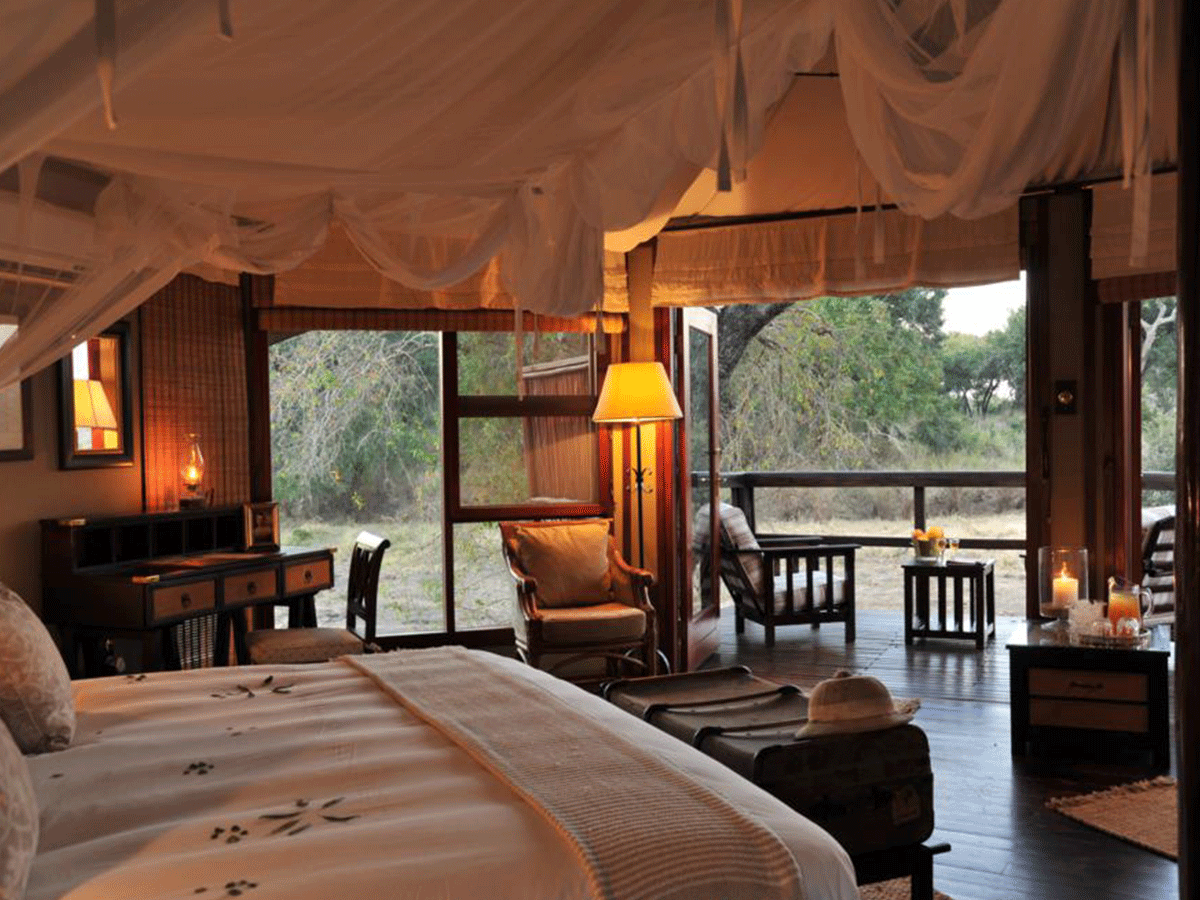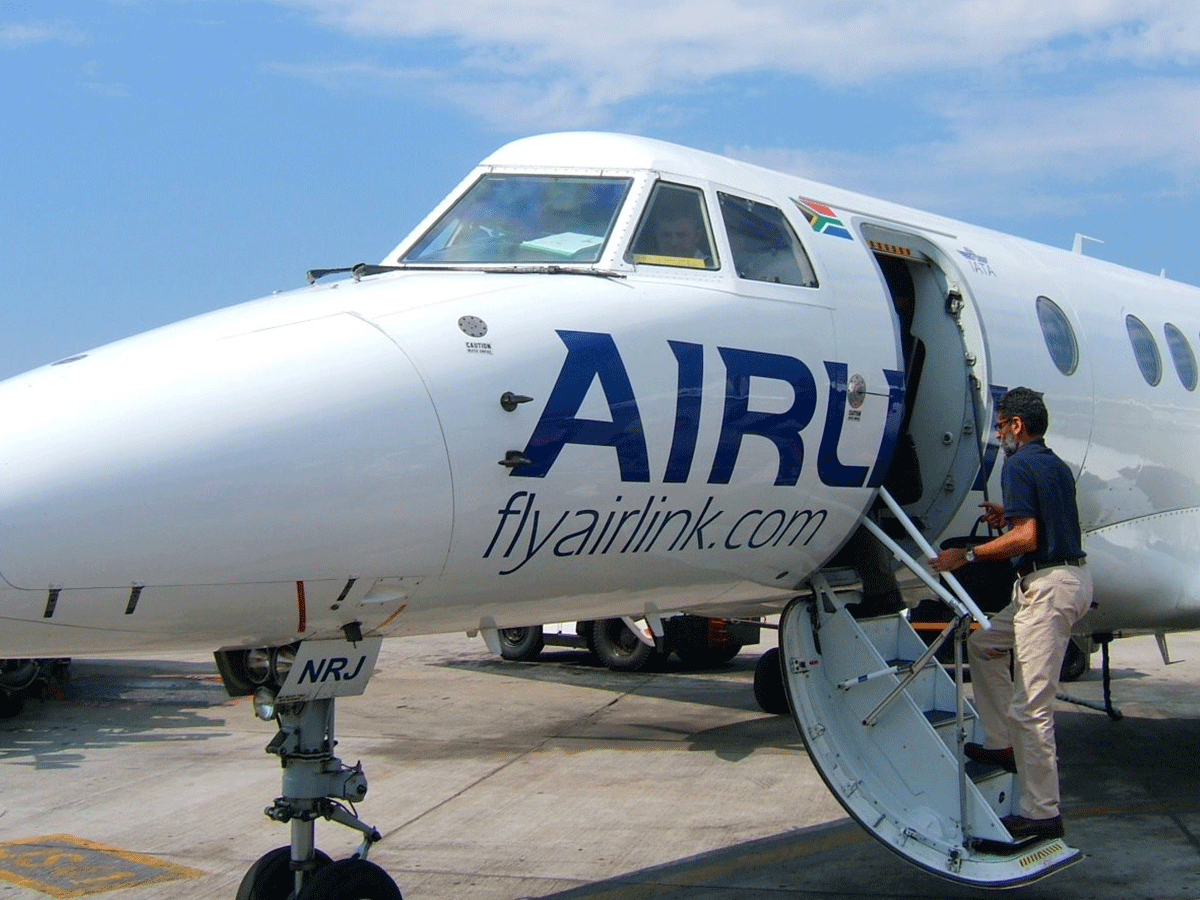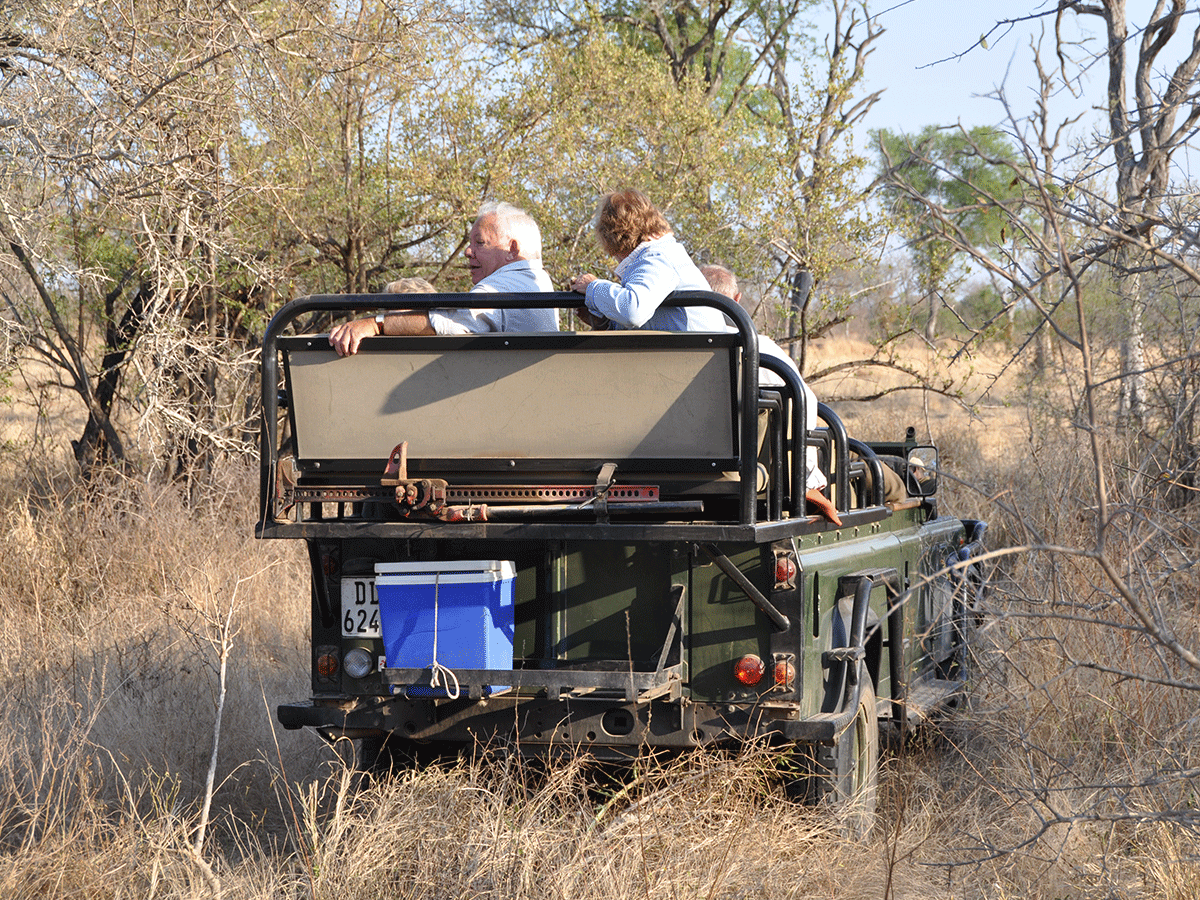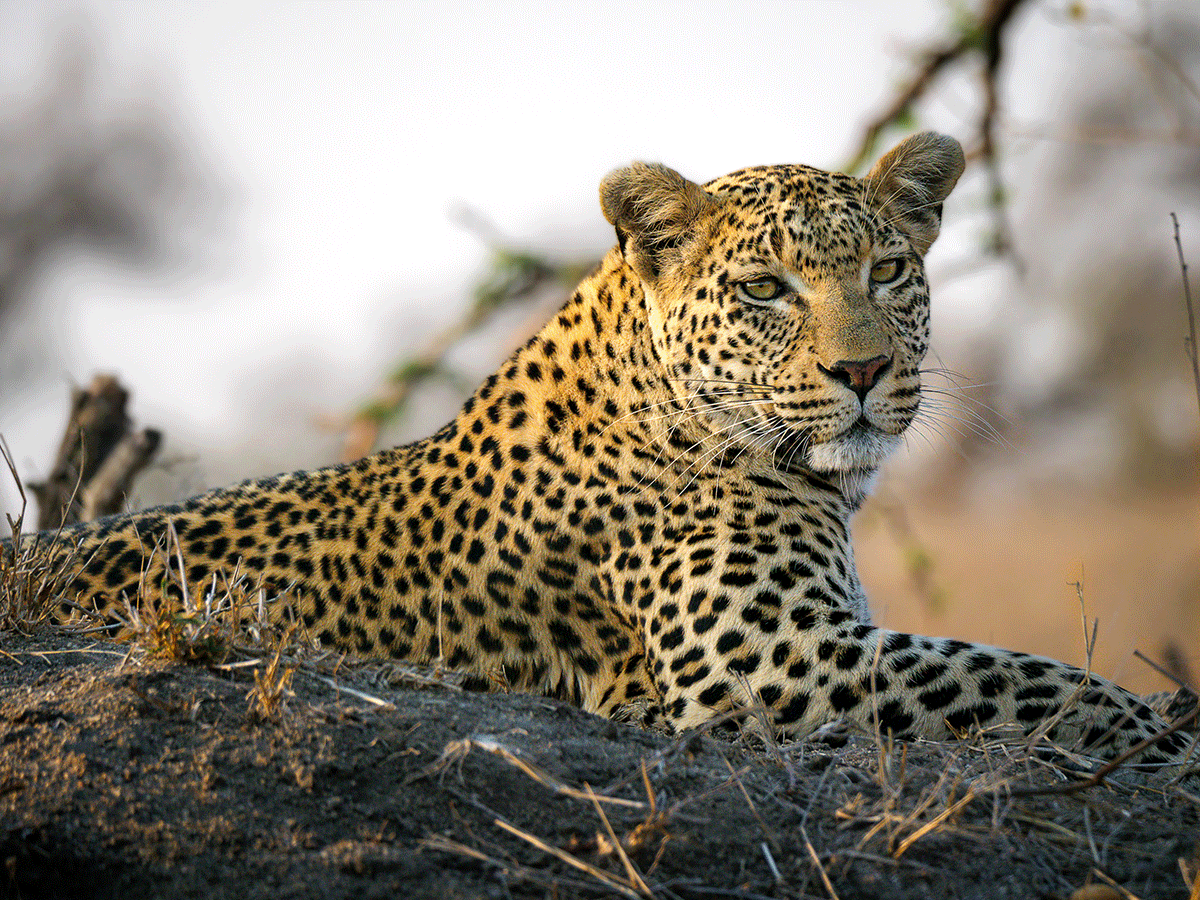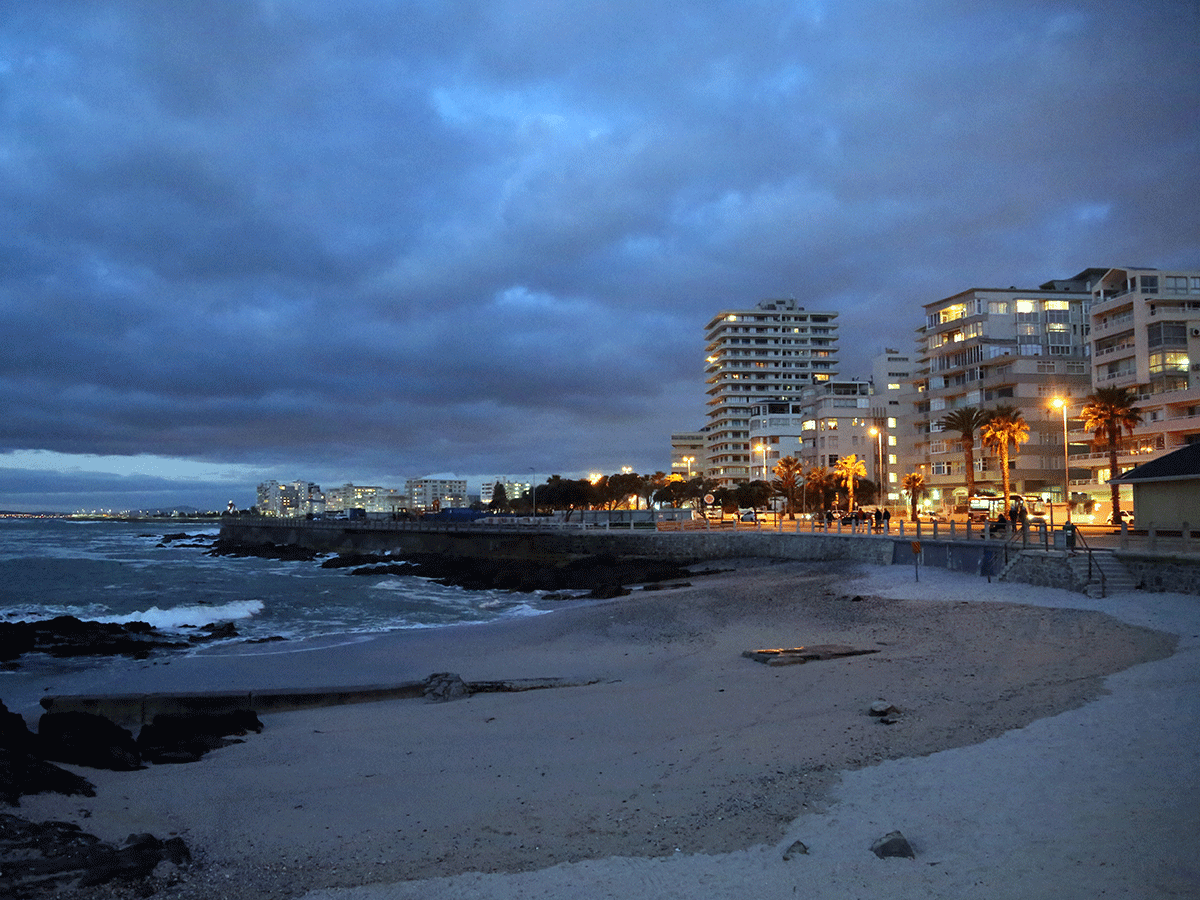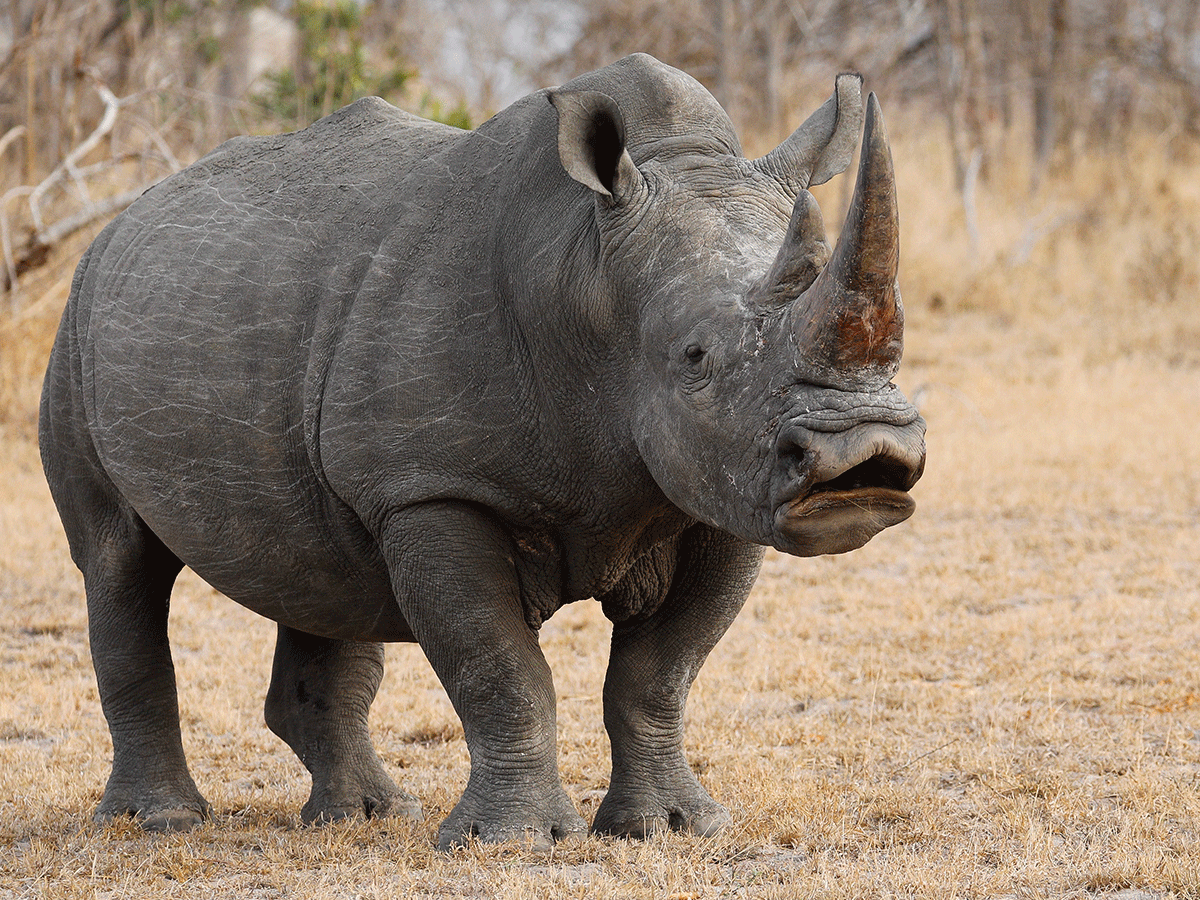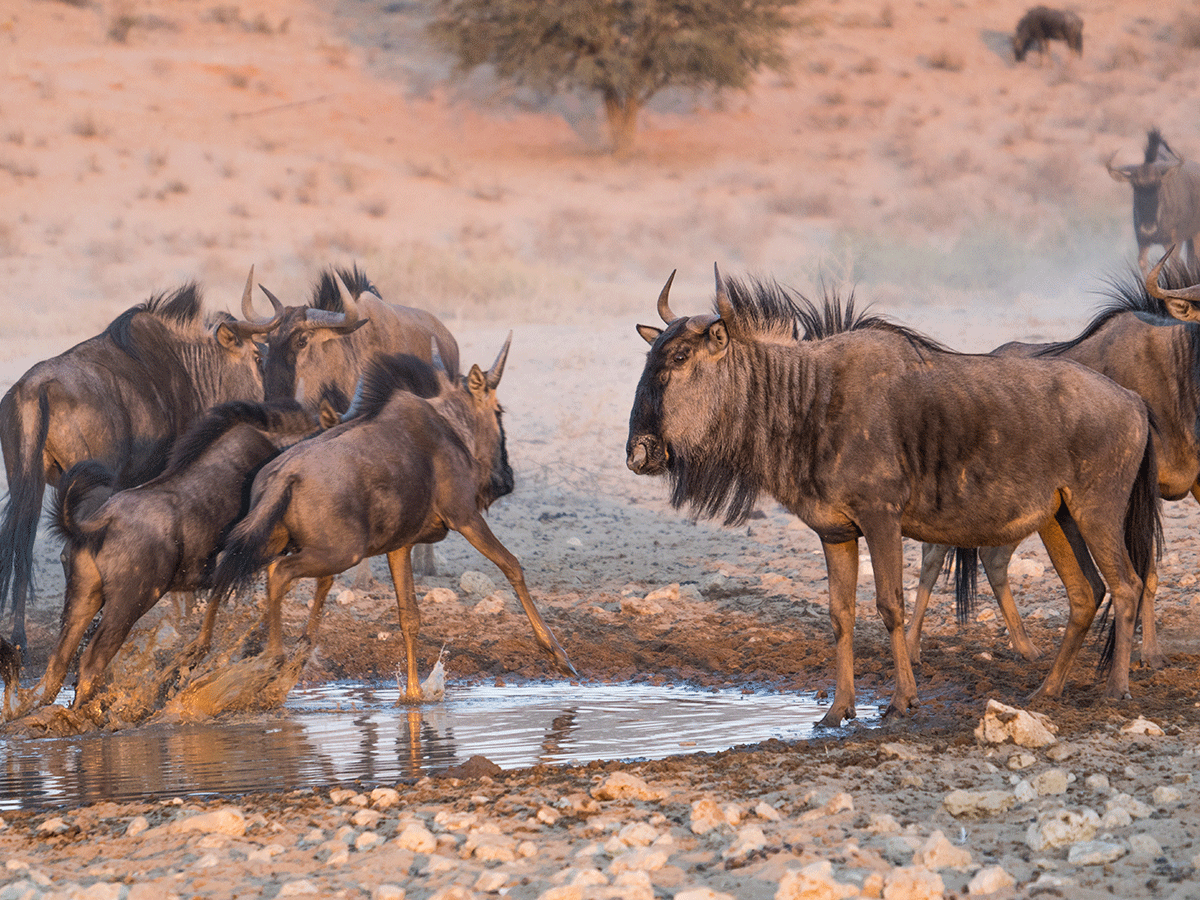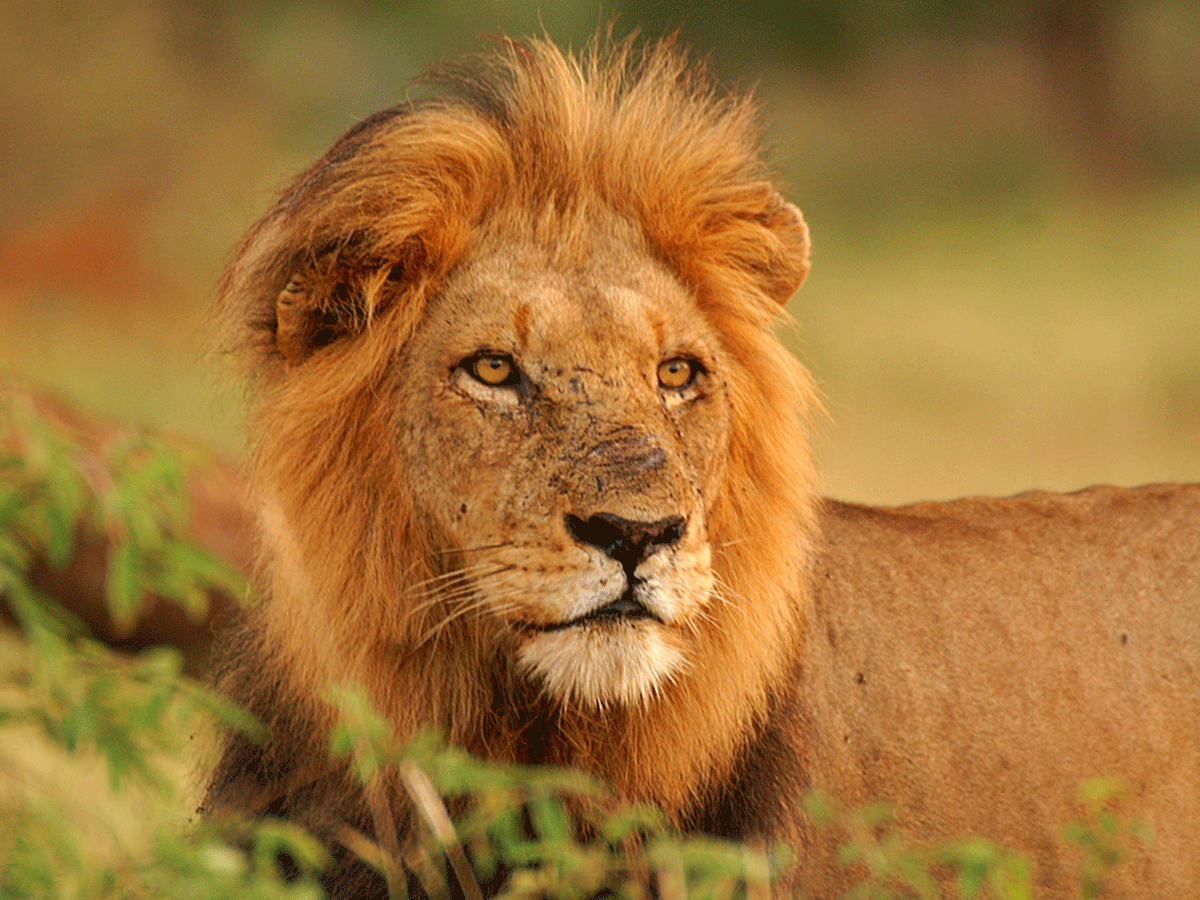Best time to travel to South Africa
The best time to travel to South Africa depends on which parts of the country you want to visit and your interests. The Cape has warm, dry weather in its summer months (November to February), for instance, but the prime whale-watching season is September and October. If you’re trying to decide when to go on safari in South Africa, the game-viewing conditions are excellent in the cooler winter months (May to September).
What to wear in South Africa
South Africans are generally casual so opt for dresses, shorts, T-shirts and light trousers. The evenings can be cooler so do bring a light sweater or jacket along, and an umbrella for summer thundershowers if you’re staying in Johannesburg.
Currently, South Africa has no dressing restrictions however if you’re going on local activities involving visiting places and people we recommend dressing appropriate and in tourist places, you can dress the way you want.
What to bring while travelling to South Africa
Here’s a brief summary of the essentials for any South Africa packing list:
- ID documents (passport, driver’s license, and visa)
- Money, credit cards
- Appropriate seasonal clothing and undergarments
- Bathing suit, sunscreen
- Sunglasses, hat
- Basic toiletries
- Cameras, batteries
- Laptop, cell phone, chargers
- Power outlet adapter
- Insect repellent
- Anti-malaria medication, if desired
Car hire and driving in South Africa
To rent a car in South Africa, you must be at least 18 years old (age may vary by car category and location) and have held your license for one year. Drivers under the age of 25 may incur a young driver surcharge. Seatbelts are mandatory.
South Africans drive on the left-hand side of the road, and all signposts are written in English. It is the law to wear a seat belt at all times, and using a mobile phone when driving is prohibited. All drivers must have a valid driving licence from their country of residence.
Accommodation in South Africa
South Africa Accommodation Guide/ Book Direct and SAVE! SA-Venues.com brings you a fine selection of accommodation in South Africa to choose from, for both your holiday and business travel reservations. Whether you are planning a luxury vacation to South Africa or backpacking from region to region, the country offers a range of accommodation options to suit every budget and travelling style.
Luxury 5 star hotels and game lodges or, to suit the more budget-conscious traveller, small hotels, lodges and inns, private game reserves and lodges, luxury tented safari camps, guest houses, bed and breakfast establishments, luxury and budget self-catering accommodation in South Africa, backpackers and caravan parks and camping sites can all be found in southern Africa in the national parks and tourist attractions.
Local food of South Africa
Chakalaka is a spicy South African vegetable relish consisting of tomatoes, beans, and onions as its key ingredients, although some cooks might add various other ingredients such as carrots, bell peppers, chilis, and ginger. Originally, Chakalaka was invented in Johannesburg, where it became a staple dish.
Today, it is a key component of most South African barbecues, where it is served as a side dish accompanying meat. Some people like to serve it as a cold salad when combined with other greens. This relish is traditionally served with bread such as mealie pap, or with amasi, a type of thick sour milk.
Tipping while Travelling in South Africa
Travel introduces you to a whole new world of culture and history, and without a little background on the place, you’re visiting it can be tough to know what’s expected of you as a guest. Tipping is one of those things that is different all over the world, and it can be awkward trying to figure out etiquette and local customs.
South Africa has a tipping culture, and the general rule is we start at 10%. Many people who work in the service industry rely on these tips to make a living wage, so often tips are higher than 10%.
A game-viewing experience in South Africa is made all the more special by the guidance and service of staff members. The guides and rangers keep you safe on safari, point out the (often near-hidden) animals, and lead the experience out in the wild. The porters, housekeeping staff, and kitchen staff do everything else to make your stay exceptional. Assuming you’ve enjoyed your stay, a daily tip is not necessary. A pooled tip for the staff is a convenient way for you to reach the housekeeping, front of the house, and general staff all at once.
Further information for South Africa
We highly recommend travelling with a safari company as South Africa is big and some areas may be unsafe as they are still targeting white south Africans by some group of black South Africans as revenge against Apartheid policy so travelling alone may put you at high risk for more information contact our South African experts today for more information.
Safety of South Africa
South Africa has a high level of crime, including rape and murder. The risk of violent crime to visitors travelling to the main tourist destinations is generally low. The South African authorities priorities protecting tourists and tourism police are deployed in several towns and cities.

